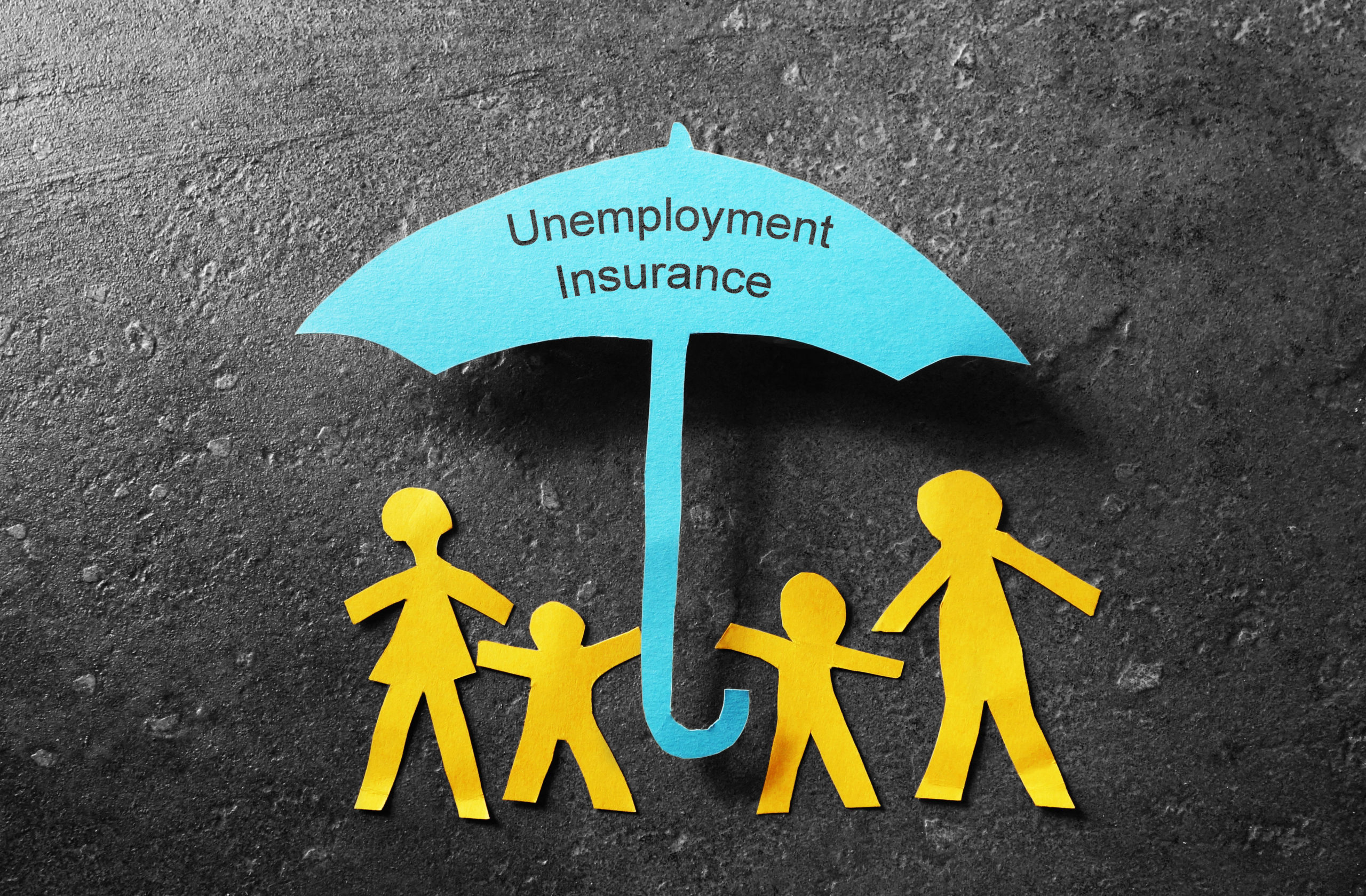UAE to introduce new unemployment law

In another progressive step toward making UAE a great country to work and live, the UAE Cabinet has approved a federal law towards a mandatory program to cover every employee – both nationals and expatiates – under a paid unemployment insurance scheme.
For expatriates, the right to live in the UAE was previously predominately linked to employment or owning a business in the country, as is the case in many nations in the Gulf. A series of recent policy decisions in the UAE have changed that, such as the recent introduction of new job-seeker and long-term visas so people do not have to leave the UAE immediately if they lose their positions. [you can read about these recent changes in our earlier article on the subject here]
This new program of mandatory unemployment insurance scheduled to be introduced in January 2023, adds further robustness to these earlier enhancements to employment and visa policies in the UAE.
We have summarized the key points from the announcement below (source: from ‘The National’ news paper dated 13-May-2022)
• The mandatory program, scheduled to be introduced in January 2023, is aimed at UAE nationals and foreign employees working in both the private and public sectors.
• The law says that every employee will pay into an insurance company initiative, although officials have not yet said how the contributions will be made and whether they will, for example, be paid through their employer or taken out of their pay.
• Employees will be able to select from different insurance packages provided by different companies in the country.
• Those who lose their jobs will receive 60 percent of their basic salary each month – up to Dh 20,000 – for a limited period of time to help with living costs.
• In the UAE, employees are paid a lump sum every month. But salaries are commonly broken down into “basic”, “housing” and “transport”, with the “basic wage” earned by an employee typically 50 to 65 per cent of the total amount received.
• This is a great safety net on top of the already existing end of service benefit that applies to expatriate employees.
